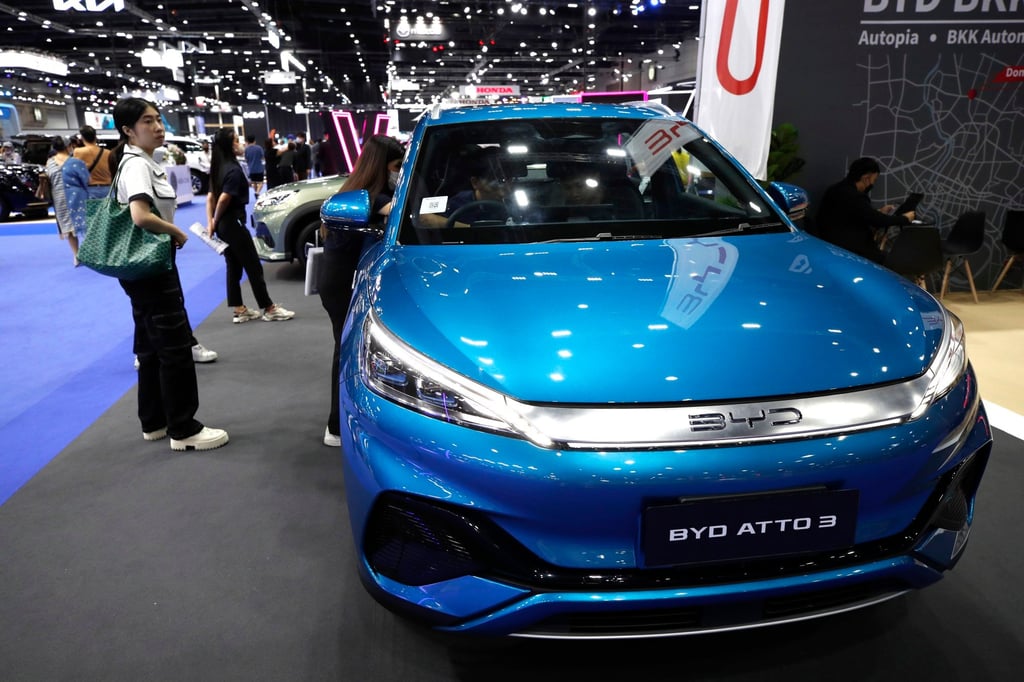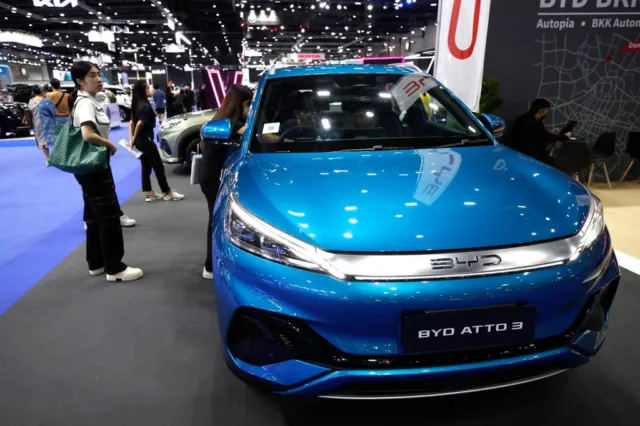Aggressive pricing, shrewd tax engineering and a trusted local partner have propelled China’s BYD to a commanding position in Sri Lanka’s electric vehicle and hybrid market, disrupting a sector long constrained by import restrictions and setting the stage for dramatic expansion.
Advertisement
Sri Lanka’s car market, starved of new imports for nearly five years under a sweeping ban imposed in the lead up to the economic crisis of 2022 to stabilise foreign reserves, reopened in February as the government lifted restrictions. But a new tariff regime – with excise duties reaching 300 per cent, 18 per cent value-added tax, and luxury taxes of up to 100 per cent – has sent car prices soaring.
Crucially, import duties on EVs are calculated based on motor power and year of manufacture, with steep tax increases for vehicles exceeding the 100-kilowatt threshold.
Industry analysts say BYD has configured models such as the Atto 3 just below that limit, qualifying for significantly lower duties. In most other markets, the same model features a 150kW motor, making the Sri Lankan variant better value for money.

BYD’s aggressive pricing strategy brought affordability back to the market and positioned the company as a disrupter, Sheran Fernando, former chairman of the Ceylon Motor Traders Association, told This Week in Asia.
Advertisement








![Tesla FSD Crushes China’s ADAS Competition in New Crash Avoidance Tests [VIDEO] Tesla FSD Crushes China’s ADAS Competition in New Crash Avoidance Tests [VIDEO]](https://automundochina.com/wp-content/uploads/2025/07/tesla-fsd-crushes-chinas-adas-competition-in-new-crash-avoidance-tests-video-100x75.webp)
